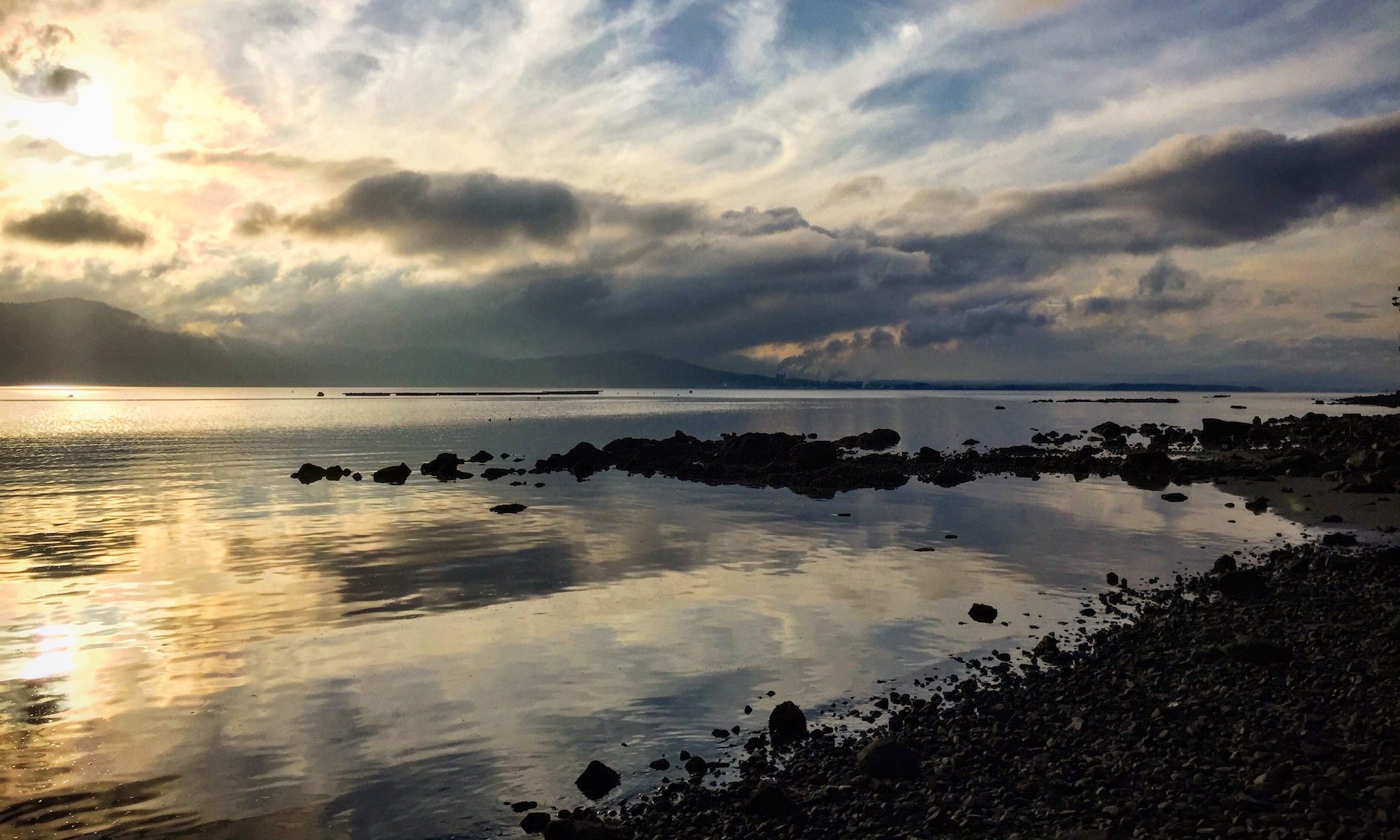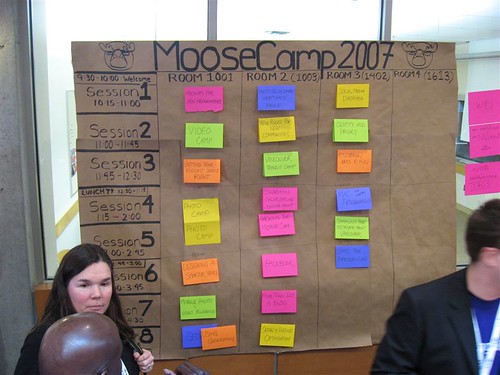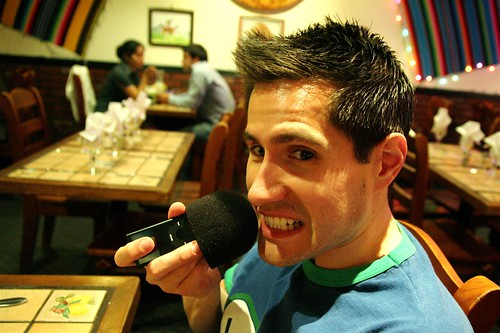I some times get flack for listening to my own podcasts. It’s never serious when this happens, but when someone asks you what you are listening to on your iPod, it can be slightly embarrassing to say that it’s your very own podcast episode that you made just yesterday. Usually a joke about loving yourself or being narcissistic ensues.
There’s more to the point.
First off, it’s quality control. You need to check out to see if what you are producing is any good, and that’s more of a quantitative task to begin with. How are your production skills working out in terms of your opening theme or anything else that you pre-produce? Bumpers, liners, stingers, transitions, etc. How do they sound? Are they much louder or quieter than other portions of your podcast?
It’s quantitative because it’s all about decibels[wiki], the way that sound is measured in terms of volume. Still, you don’t have to be an expert about the science behind it. You can tell a lot by listening with ear buds. If you have to crank the volume all the way up or down in certain parts to control the way you can comfortably and coherently listen to something, then perhaps you have some things to work on or adjust for next time.
If you want to be a stickler and go back to fix things you have already done, it’s entirely up to you. I say move forward and work on the next episode to fix things. Maybe that’s just the radio guy in me because once something is over the air, there’s no going back.
At the same time, just scan your podcast for problems. From time to time, data gets corrupted, and when that happens to audio files, weird things happen when you play them back. There are numerous reasons how it can happen, but the point is that you never can tell when that might be. Blips, screeches, or digital artifacts are just a way of life, and you probably won’t know it’s there until you play it back.
Lastly, you are your own, worst critic. Listen to yourself. Do you like what you hear? Chances are, you probably won’t as you first start out. The only way you will get better is to develop a style that is comfortable to what you want it to be. It’s not as much as “loving yourself” as much as being able to stand how you sound.
You are not Anderson Cooper[wiki], Ira Glass[wiki], Adam Curry, or Tod Maffin, and you never will be. But there are things that you might admire about the way someone else does something, and you can work on incorporating that into your style while you work out the things you don’t like with how you, personally, sound.
This is a technique I used to share with people during my college radio days. It will bring out the uh, um, and oh problem that plagues so many in the world when they get behind a mic or podium. Even those crutch phrases will get to the point where you tell yourself, “Ugh… I say that way too much.” Well, if that drives you nuts, now you know what you need to change.
Truly there is no wrong or right way to make a podcast, but when it comes to people asking me how they get better, I always tell them to just get started. Don’t expect miracles out of the gate. Expect to work on how you sound. It could take ten episodes to two hundred episodes. You don’t know until you start.




